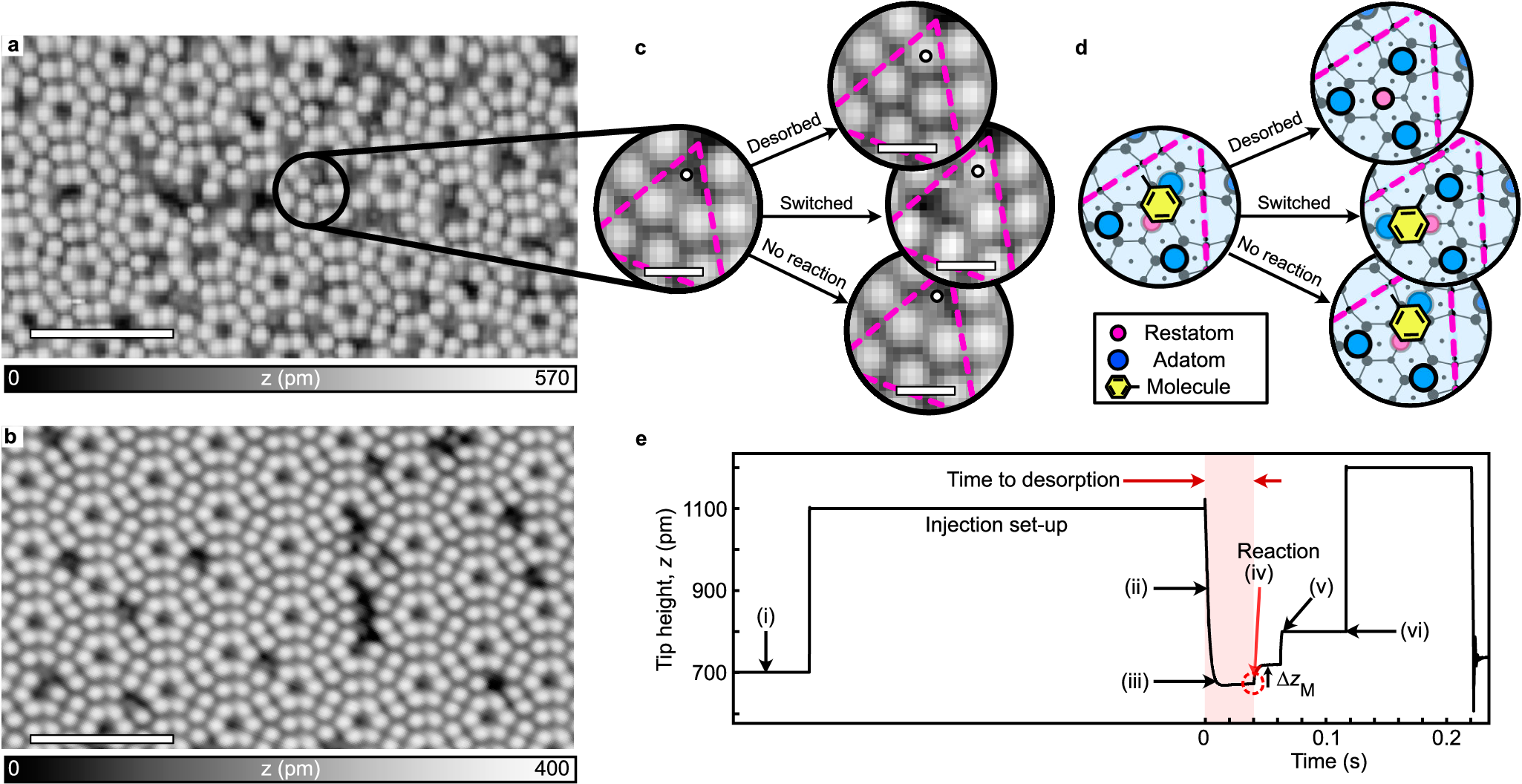2024-12-02 ロイヤルメルボルン工科大学(RMIT)
<関連情報>
- https://www.rmit.edu.au/news/all-news/2024/dec/wetland-carbon-sinks
- https://pubs.acs.org/doi/10.1021/acs.est.4c02116
地下の茶殻分解に対する気候の影響は、世界の湿地における生態系と有機物の種類に依存する Climate Effects on Belowground Tea Litter Decomposition Depend on Ecosystem and Organic Matter Types in Global Wetlands
Stacey M. Trevathan-Tackett*,Sebastian Kepfer-Rojas,Martino Malerba,Peter I. Macreadie,Ika Djukic,Junbin Zhao,Erica B. Young,Paul H. York,Shin-Cheng Yeh,Yanmei Xiong,Gidon Winters,Danielle Whitlock,Carolyn A. Weaver,Anne Watson,Inger Visby,Jacek Tylkowski,Allison Trethowan,Scott Tiegs,Ben Taylor,Jozef Szpikowski,Grażyna Szpikowska,Victoria L. Strickland,Normunds Stivrins,Ana I. Sousa,Sutinee Sinutok,Whitney A. Scheffel,Rui Santos,Jonathan Sanderman,Salvador Sánchez-Carrillo,Joan-Albert Sanchez-Cabeza,Krzysztof G. Rymer,Ana Carolina Ruiz-Fernandez,Bjorn J. M. Robroek,Tessa Roberts,Aurora M. Ricart,Laura K. Reynolds,Grzegorz Rachlewicz,Anchana Prathep,Andrew J. Pinsonneault,Elise Pendall,Richard Payne,Ilze Ozola,Cody Onufrock,Anne Ola,Steven F. Oberbauer,Aroloye O. Numbere,Alyssa B. Novak,Joanna Norkko,Alf Norkko,Thomas J. Mozdzer,Pam Morgan,Diana I. Montemayor,Charles W. Martin,Sparkle L. Malone,Maciej Major,Mikołaj Majewski,Carolyn J. Lundquist,Catherine E. Lovelock,Songlin Liu,Hsing-Juh Lin,Ana Lillebo,Jinquan Li,John S. Kominoski,Anzar Ahmad Khuroo,Jeffrey J. Kelleway,Kristin I. Jinks,Daniel Jerónimo,Christopher Janousek,Emma L. Jackson,Oscar Iribarne,Torrance Hanley,Maroof Hamid,Arjun Gupta,Rafael D. Guariento,Ieva Grudzinska,Anderson da Rocha Gripp,María A. González Sagrario,Laura M. Garrison,Karine Gagnon,Esperança Gacia,Marco Fusi,Lachlan Farrington,Jenny Farmer,Francisco de Assis Esteves,Mauricio Escapa,Monika Domańska,André T. C. Dias,Carmen B. de los Santos,Daniele Daffonchio,Paweł M. Czyryca,Rod M. Connolly,Alexander Cobb,Maria Chudzińska,Bart Christiaen,Peter Chifflard,Sara Castelar,Luciana S. Carneiro,José Gilberto Cardoso-Mohedano,Megan Camden,Adriano Caliman,Richard H. Bulmer,Jennifer Bowen,Christoffer Boström,Susana Bernal,John A. Berges,Juan C. Benavides,Savanna C. Barry,Juha M. Alatalo,Alia N. Al-Haj,Maria Fernanda Adame
Environmental Science & Technology Published: November 25, 2024
DOI:https://doi.org/10.1021/acs.est.4c02116
Abstract

Patchy global data on belowground litter decomposition dynamics limit our capacity to discern the drivers of carbon preservation and storage across inland and coastal wetlands. We performed a global, multiyear study in over 180 wetlands across 28 countries and 8 macroclimates using standardized litter as measures of “recalcitrant” (rooibos tea) and “labile” (green tea) organic matter (OM) decomposition. Freshwater wetlands and tidal marshes had the highest tea mass remaining, indicating a greater potential for carbon preservation in these ecosystems. Recalcitrant OM decomposition increased with elevated temperatures throughout the decay period, e.g., increase from 10 to 20 °C corresponded to a 1.46-fold increase in the recalcitrant OM decay rate constant. The effect of elevated temperature on labile OM breakdown was ecosystem-dependent, with tidally influenced wetlands showing limited effects of temperature compared with freshwater wetlands. Based on climatic projections, by 2050 wetland decay constants will increase by 1.8% for labile and 3.1% for recalcitrant OM. Our study highlights the potential for reduction in belowground OM in coastal and inland wetlands under increased warming, but the extent and direction of this effect at a large scale is dependent on ecosystem and OM characteristics. Understanding local versus global drivers is necessary to resolve ecosystem influences on carbon preservation in wetlands.



